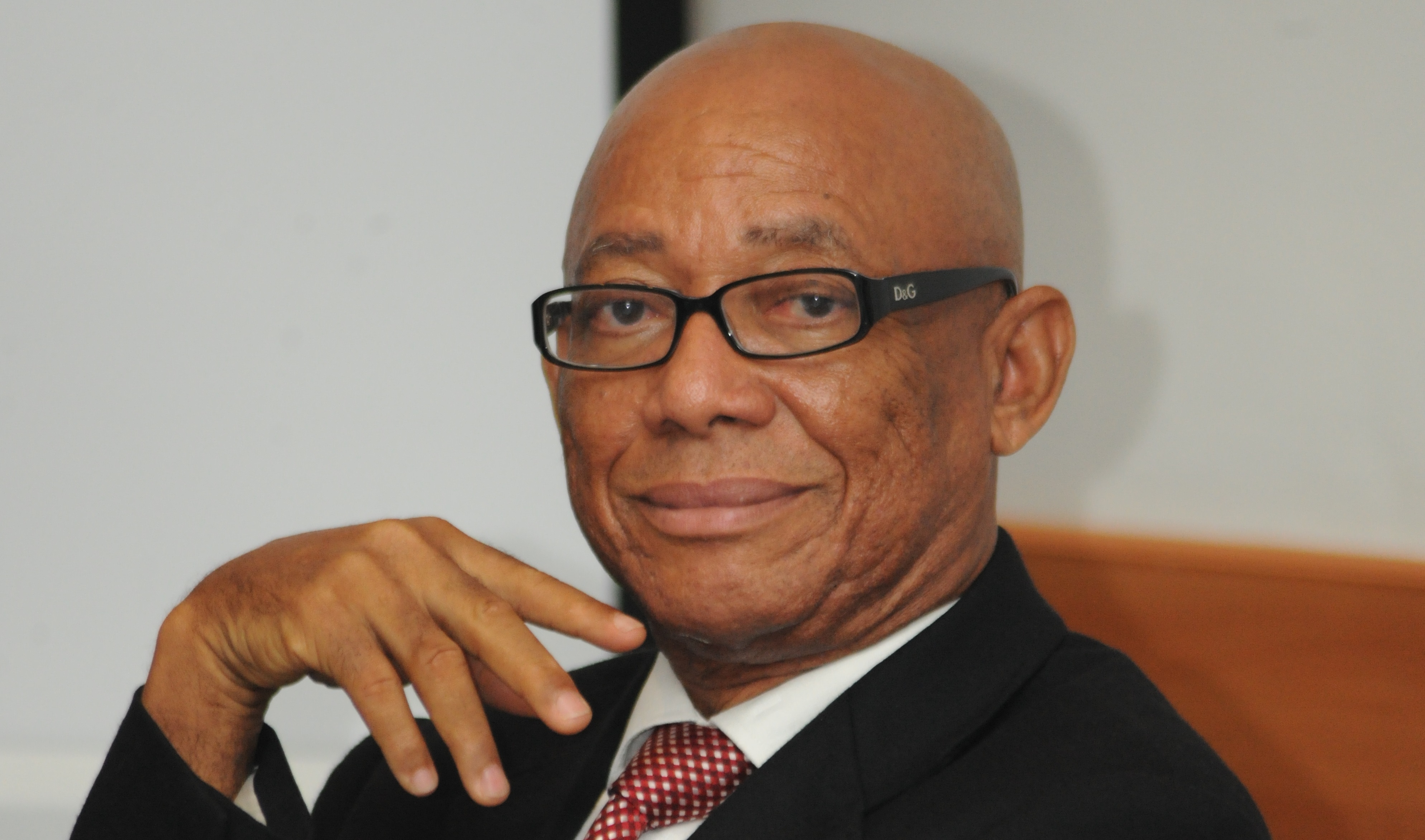
"Political will needed to ensure justice in murder of 44 Ghanaians in The Gambia"
A former judge of the United Nation’s International Criminal Tribunal for Rwanda and former Commissioner of the Commission on Human Rights and Administrative Justice (CHRAJ), Mr Emile Short, has stressed the need for an active political will in ensuring that justice is done in the gruesome murder of some 44 Ghanaians in The Gambia.
He has, therefore, called on the government to summon the political will in ensuring that former President Yahya Jammeh of The Gambia, who is accused of murdering 44 Ghanaians in The Gambia in 2005, is extradited to stand trial in Ghana since the current political and security situation in The Gambia will not be conducive for such a trial.
Justice Short’s call comes at the heel of newly discovered evidence that point to complicity at the highest level of ex-Gambian President Jammeh’s government in the murder of some 44 Ghanaians who were on their way to seek greener pastures in Europe.
Human Rights Watch and TRIAL International last Wednesday, said a paramilitary unit controlled by then Gambian President Jammeh summarily executed more than 50 Ghanaians, Nigerians and other West African migrants in July 2005.
President Akufo-Addo’s assurance
Addressing the event to formally announce a campaign by human rights groups, both locally and internationally, for the alleged perpetrator of those murders, former President Yahya Jammeh, to be brought to justice, Justice Short said the coalition of human rights groups involved in the matter had called on President Nana Addo Dankwa Akufo-Addo to apprise him of the recent developments.
The President, he reported, had said it was a matter that was of importance to him and the entirety of Ghanaians.
Justice Short recounted the story of a recent past President of Chad who was convicted for crimes that took place under his leadership; and stressed that Africa would showcase its independence when people who were responsible for crimes, no matter how influential, were subjected to justice administration.
The legal basis
Providing the legal basis under which ex-President Jammeh could be extradited to stand trial in Ghana, Justice Short said some had raised questions that Jammeh allegedly committed those crimes while he was in The Gambia, and that he was currently in Equatorial Guinea which was outside the jurisdiction of the courts of The Gambia and Ghana.
Mr Short indicated that ultimately, if the government decided that it ought to go ahead with the prosecutions, then there were underlying issues for consideration.
Per the facts of the case, Justice Short posited that the abductions, killings and unknown whereabouts of some of the persons constituted forced disappearances both under international and Ghanaian laws.
The Criminal Offences Amendment Act 2012, he said, incorporated the crime of enforced disappearance and Section 12 of the amended act criminalised enforced disappearance.
With that situation in Ghana, he questioned the applicability of the law to persons outside the borders of the country’s courts as was the case of Mr Jammeh whose actions took place outside of Ghana’s jurisdiction, in The Gambia, and was currently in Equatorial Guinea on political asylum.
He, however, added that Ghana, being a signatory to international conventions and treaties on such crimes, which enjoined member states to hold those involved in those crimes accountable, the country’s courts were jurisdictionally capable of prosecuting those crimes regardless of where they took place.
